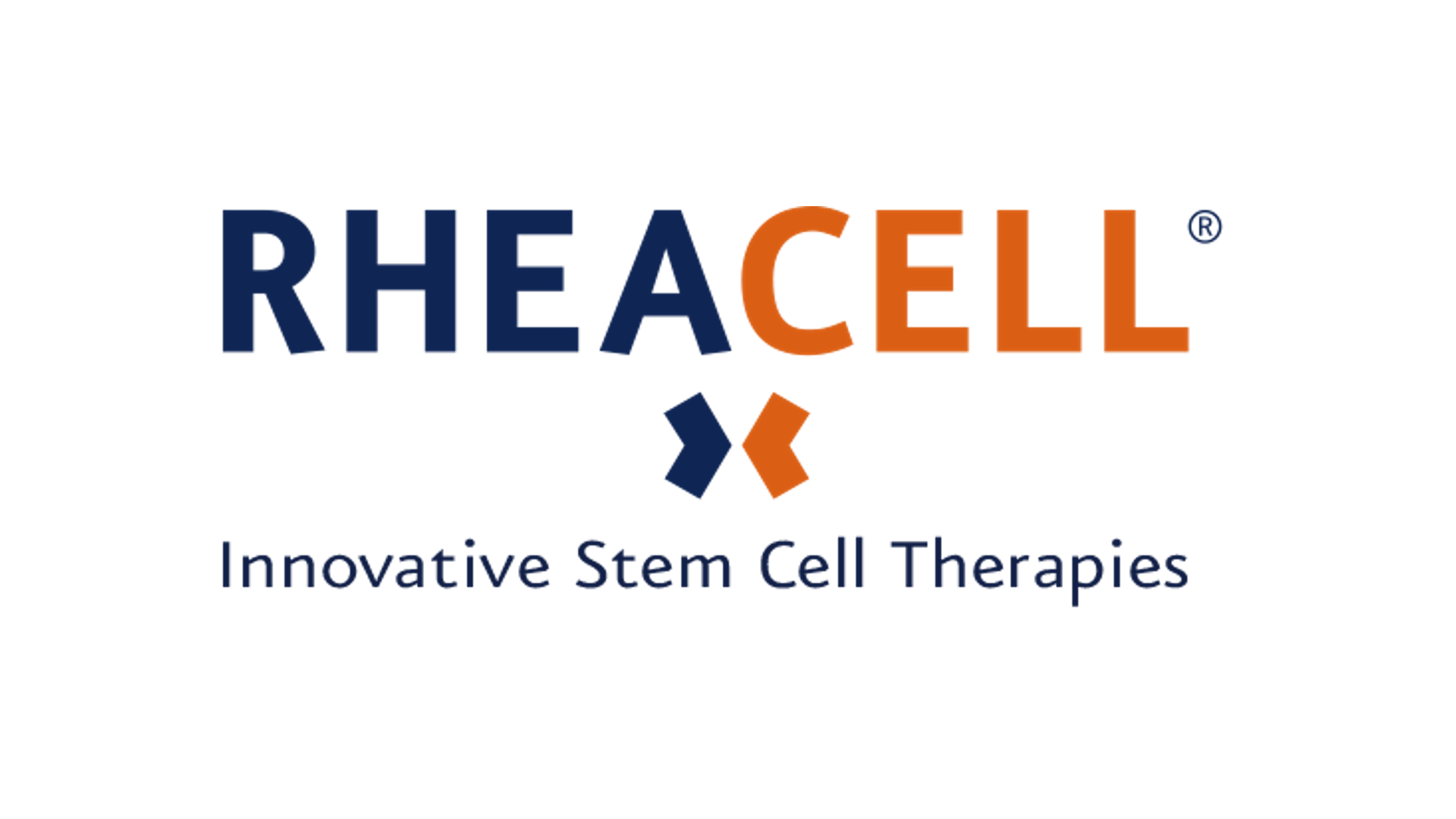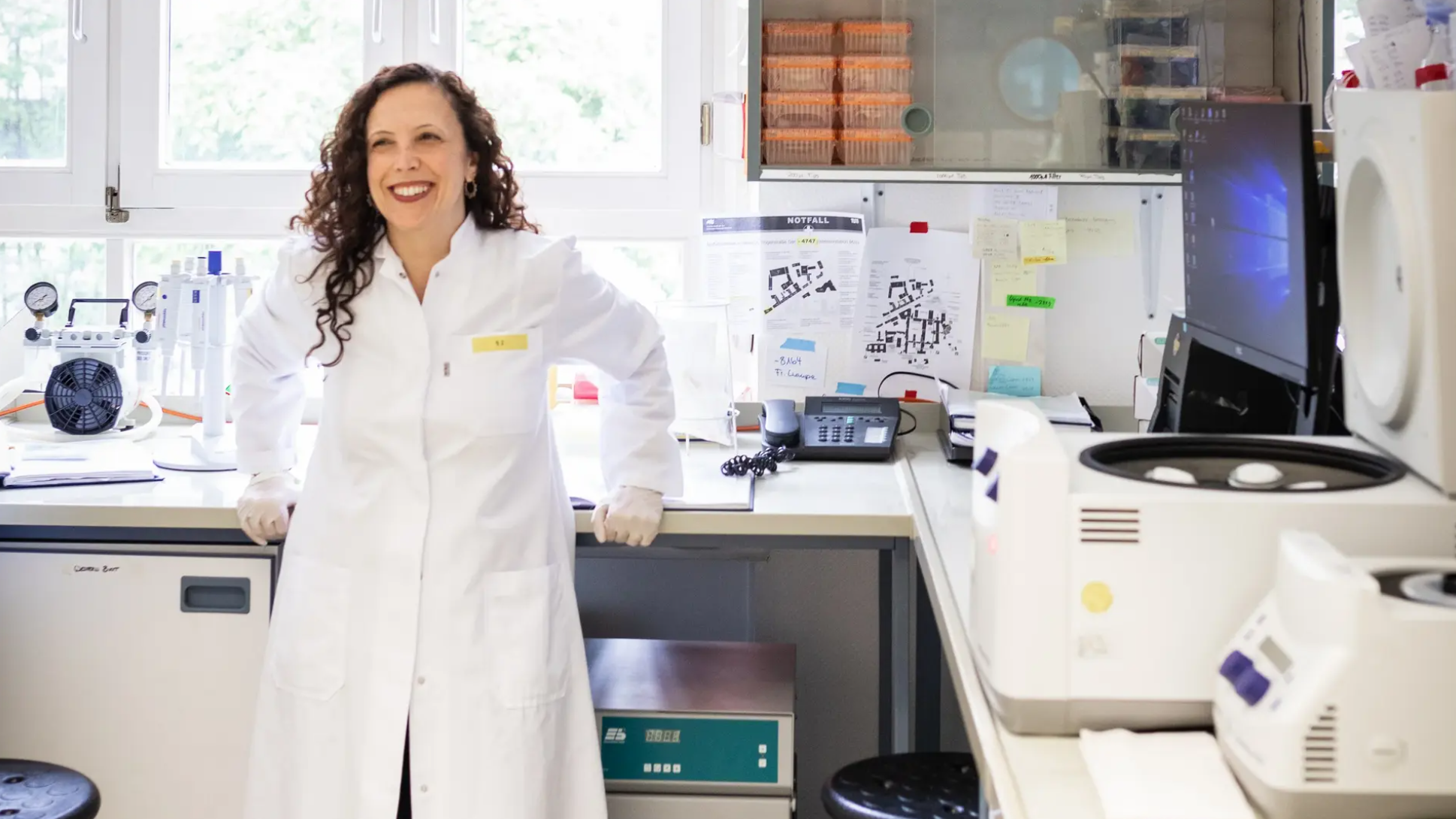ERC funding for research into improved cancer immunotherapies
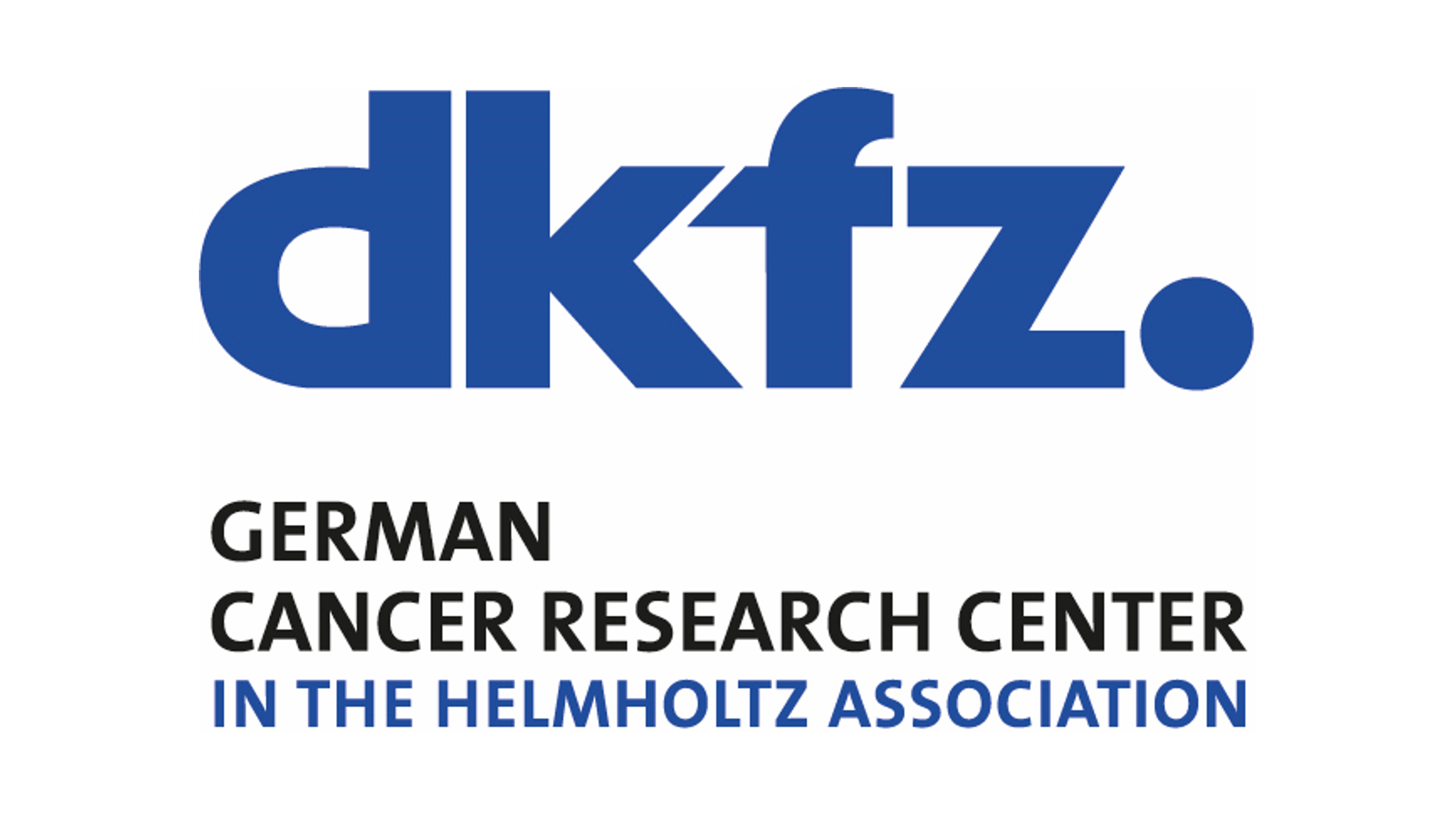
With its Proof of Concept grants, the European Research Council (ERC) supports scientists in further developing the economic potential of their research results. Two scientists from the German Cancer Research Center (DKFZ) have now received this coveted funding for the second time: Fabricio Loayza-Puch wants to identify unknown immunoactive peptides on tumor cells that can serve as targets for personalized cancer vaccines. Chong Sun has developed an antibody that can reactivate suppressed T cells against cancer and is now being developed for clinical use.
What makes the ERC’s Proof of Concept grants special is that only those who already receive ERC funding are eligible to apply. The Research Council wants to enable scientists to explore and develop potential applications for the research results obtained in an ERC-funded project.
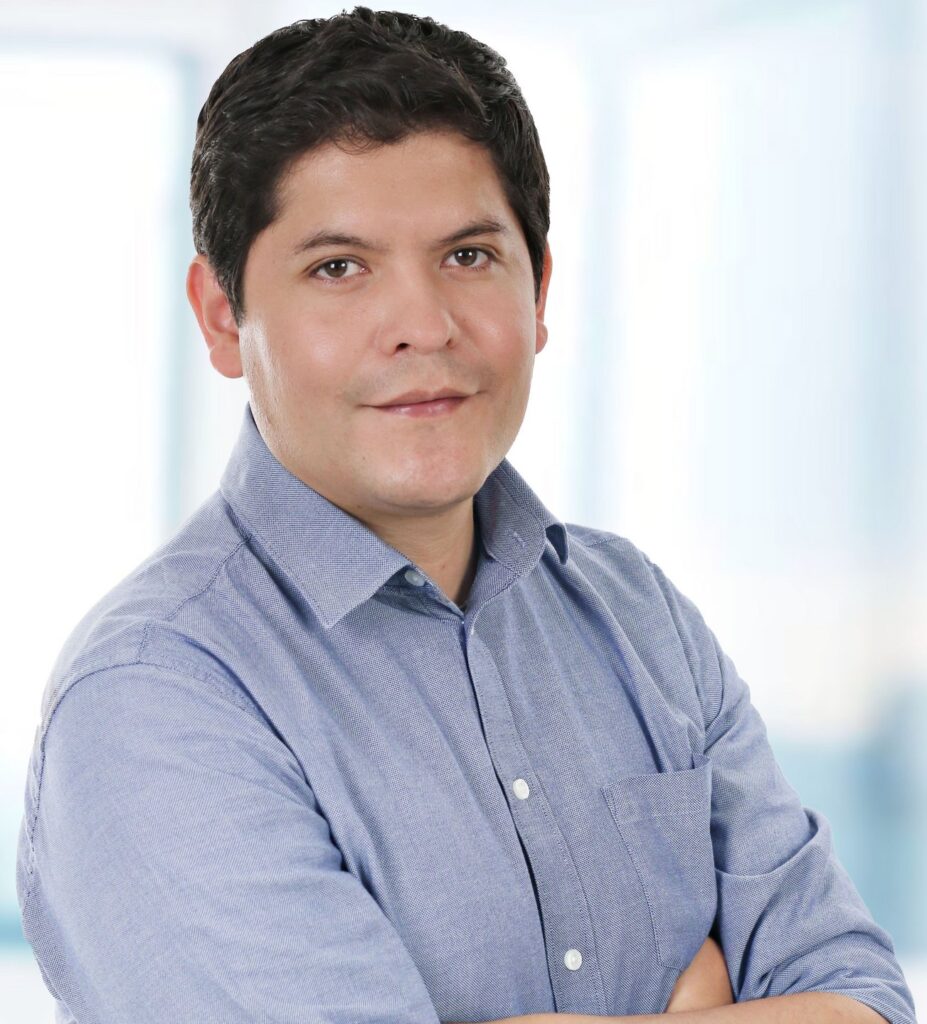
Under certain medications or chemotherapeutics, many cancer cells stop producing proteins and instead begin to form specific small peptides. These so-called “therapy-induced” peptides are presented on the surface of the tumor cells. Unlike normal cell proteins, they are foreign to the immune system, which therefore responds by attacking the cancer cells. Fabricio Loayza-Puch wants to exploit this fact. Funded by an ERC PoC grant, he plans to develop “off the shelf” mRNA vaccines based on these peptides, initially for the difficult-to-treat triple-negative breast cancer. The researchers’ goal is to improve the response to chemotherapy and overcome resistance to treatment.
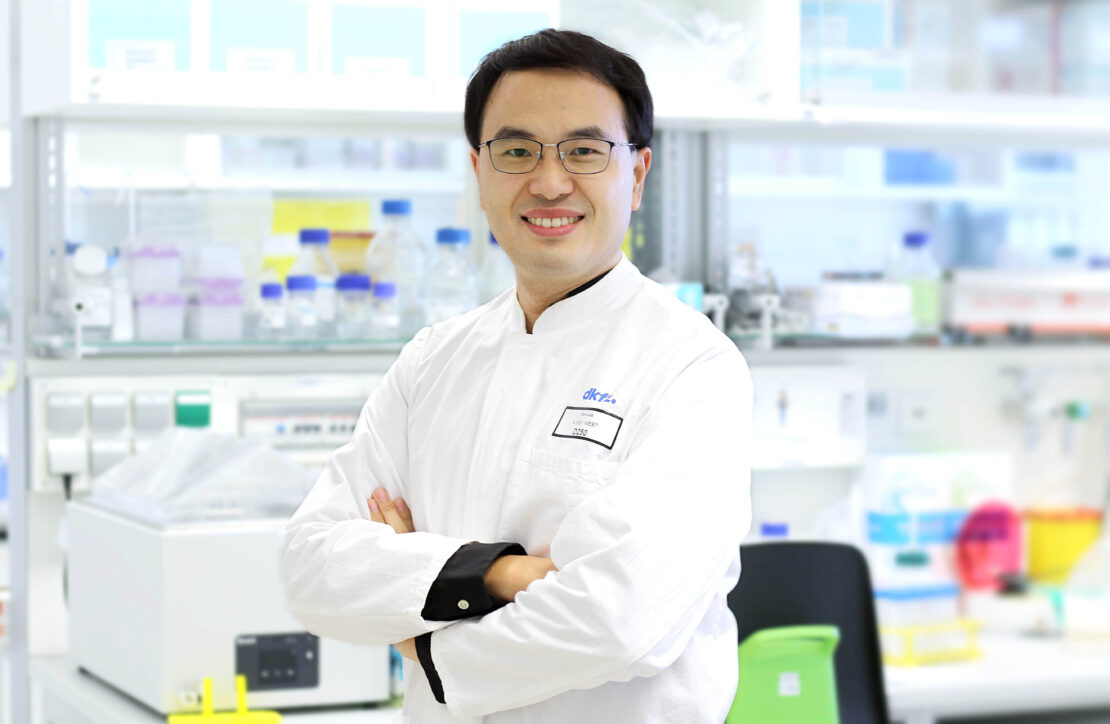
Immunotherapies including immune checkpoint blockade and T cell therapy often fail because T cells cannot effectively infiltrate and sustain their functions in solid tumors. Supported by an ERC Starting Grant, immunologist Chong Sun has discovered one key reason for this: many cancer cells carry a G protein-coupled receptor (GPCR) molecule on their surface that becomes selectively activated in solid tumors and impairs immune cell activity. Inhibiting this GPCR enhances immune cell infiltration, promotes T cell survival and antitumor activity, and reverse resistance to immunotherapies across various preclinical models. Encouraged by these results, the team led by Chong Sun developed antibodies that specifically blocks this GPCR. With funding from the ERC PoC grant, the researchers aim to further optimize a lead antibody candidate, perform preclinical development, and establish a biomarker-guided strategy for patient selection. The ultimate goal is to license or spin off the therapeutic candidate for clinical application and commercialization.
Fabricio Loayza-Puch studied at the Universidad Mayor de San Simon in Cochabamba, Bolivia. He then conducted research in Japan at Kyoto University, where he received his PhD in molecular oncology in 2010. After a postdoctoral fellowship at the Netherlands Cancer Institute, he was appointed head of the Translational Control and Metabolism junior research group in 2018.
Chong Sun began his studies in biotechnology in 2003 at Nanjing University of Science and Technology, China, and graduated in 2010 with a master’s degree in pharmaceutical sciences from Utrecht University, Netherlands. He then conducted research as a PhD student and later as a postdoctoral fellow at the Netherlands Cancer Institute until 2019. Since November 2019, Chong Sun has headed the junior research group Cancer Immune Regulation at the DKFZ.
Photos of the grant recipients are available for download here:
Fabricio Loayza-Puch
Chong Sun
Note on use of images related to press releases
Use is free of charge. The German Cancer Research Center (Deutsches Krebsforschungszentrum, DKFZ) permits one-time use in the context of reporting about the topic covered in the press release. Images have to be cited as follows: “Source: Jutta Jung/ DKFZ”.
Distribution of images to third parties is not permitted unless prior consent has been obtained from DKFZ’s Press Office (phone: ++49-(0)6221 42 2854, E-mail: presse(at)dkfz.de). Any commercial use is prohibited.


